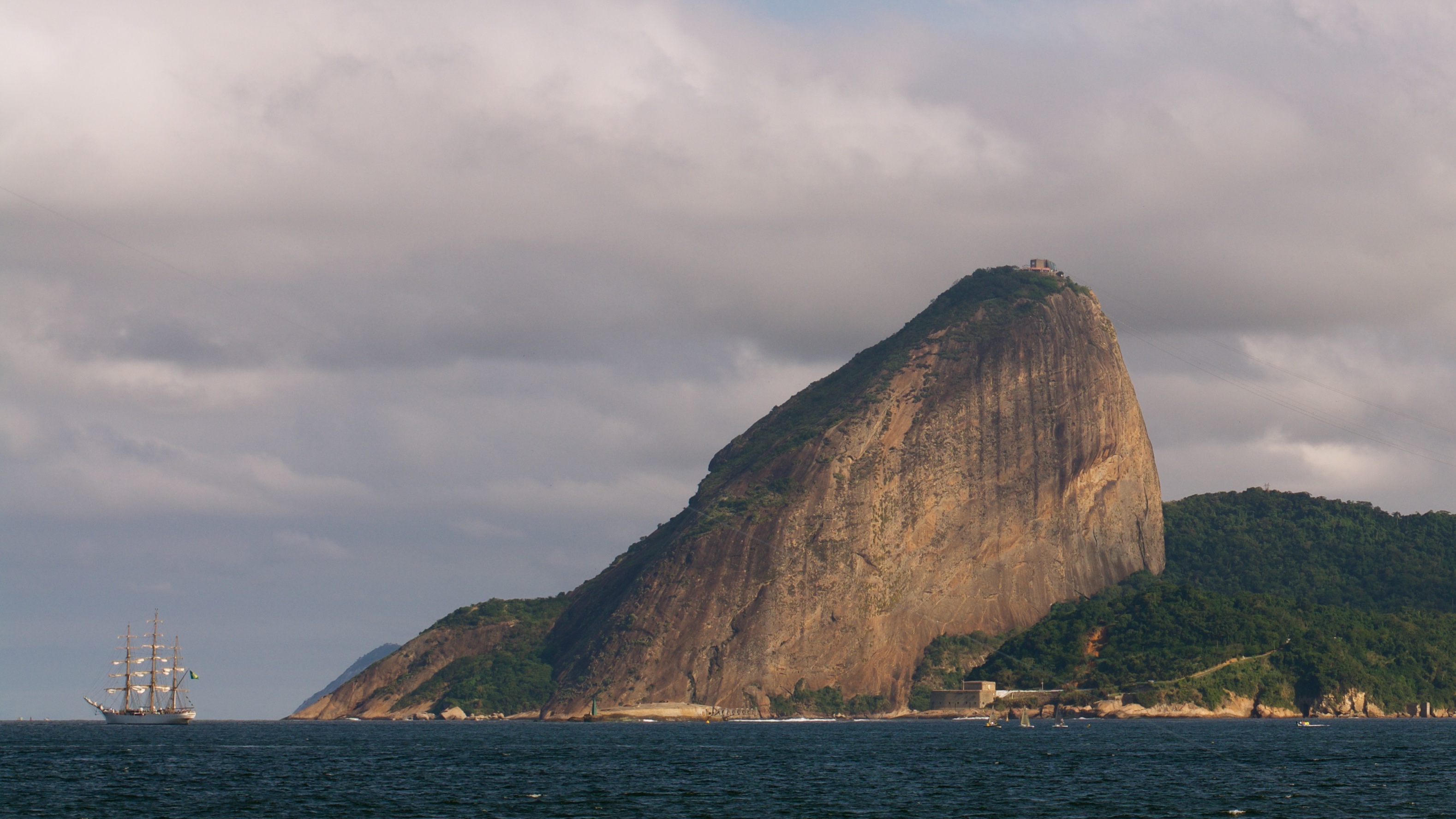International Workshop on Partial Wave Analyses and Advanced Tools for Hadron Spectroscopy, PWA11/ATHOS6
Centro Brasileiro de Pesquisas Físicas
The International Workshop on Partial Wave Analyses and Advanced Tools for Hadron Spectroscopy, PWA11/ATHOS6, is a joint meeting combining the 11th International Workshop on Pion-Nucleon Partial Wave Analysis and the Interpretation of Baryon Resonances and the 6th Workshop on Partial Wave Analysis Tools for Hadron Spectroscopy. It will take place at Centro Brasileiro de Pesquisas Físicas - CBPF, in Rio de Janeiro, Brazil. Previuos editions were held at IHEP, Beijing (2018), George Washington University (2017) and University of Bonn (2015). The purpose of the workshop is to bring together experimental and theoretical groups working in hadron spectroscopy. The emphasis of the workshop is on methods and tools for data analysis, addressing issues that are common in the study of baryons, mesons and the new hadrons.
